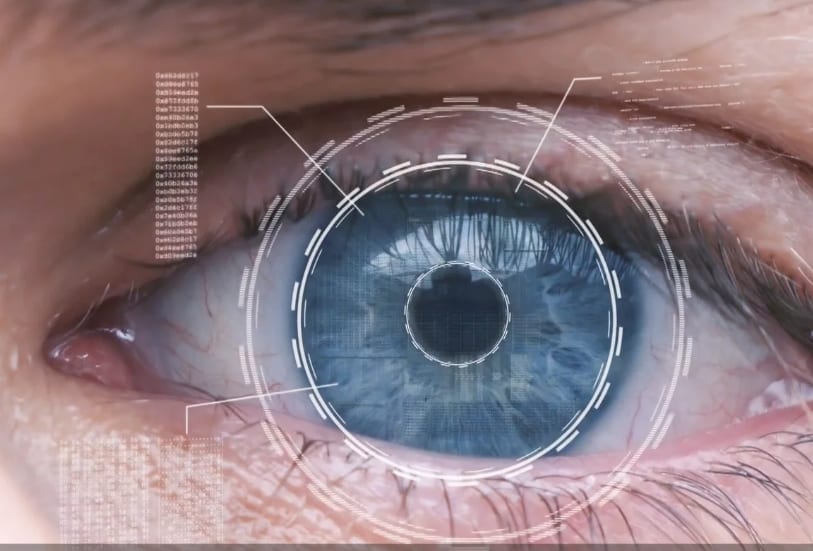The growing trend of selling biometric data, such as iris scans, in exchange for cryptocurrencies is raising concerns and alerts at the Catalan Data Protection Authority (APDCAT).
In several shopping malls, long lines of people, including minors, have been observed willing to participate in this practice, which raises serious questions about privacy and security of personal data.
The concept behind this craze lies in Worldcoin, a company founded by Sam Altman, creator of ChatGPT, which offers cryptocurrencies in exchange for iris scans.
Although the launch of this initiative dates back to July last year, it has recently gained notoriety due to the overwhelming queues at the company’s stands, where minors are even present.
Sale of biometric data by iris scanning
Biometric data, such as fingerprints, voice or iris, are personal information unique to each individual. Their processing requires a special level of protection due to their immutable nature and ability to uniquely identify individuals.
Therefore, the sale of this data raises serious concerns about its potential misuse and the violation of individuals’ privacy.
The APDCAT has issued a manifesto warning about the risks associated with the sale of biometric data and providing guidelines on how this practice should be carried out in a legal and ethical manner.
According to the authority, the company acquiring this data must clearly inform individuals about various aspects, such as who will process the data, the purpose of the processing, the retention period, whether it will be shared with third parties and how to exercise data protection rights.
Risks to the privacy of personal information
It is essential that consent for the processing of biometric data is given in a free, informed, specific and unequivocal manner. In the case of minors under fourteen years of age, consent must be given by parents or legal guardians.
In addition, the information provided must be understandable and tailored to each individual, ensuring that they understand the implications of sharing their personal data.
European authorities are assessing whether the Worldcoin initiative complies with the principles and obligations set out in the General Data Protection Regulation.
In the meantime, the APDCAT recalls the risks associated with this practice, such as identity theft and cyberbullying, and offers complaint and denunciation channels for those who consider that their personal data privacy rights are being violated and affected.
The fad of selling biometric data in exchange for cryptocurrencies poses significant challenges in terms of privacy, security and protection of individuals’ personal data.

